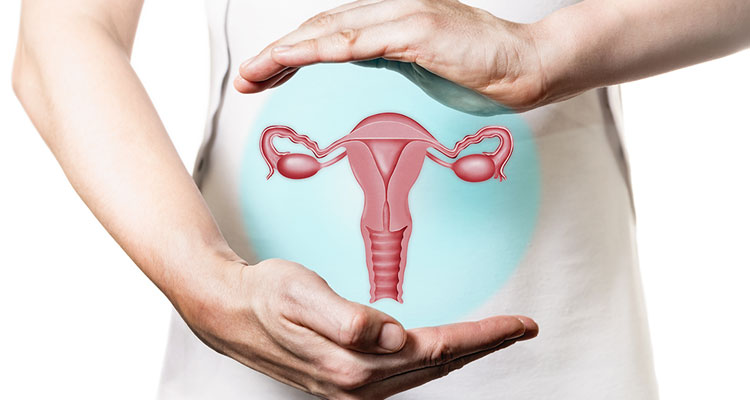A Gynecologist Surgeon in Kota specializes in diagnosing and treating a wide range of conditions that affect women's reproductive health. Utilizing both medical and surgical expertise, these specialists provide comprehensive care to address various gynecological issues.
Here are some of the most common conditions treated by gynecologist surgeons:
1. Endometriosis
Endometriosis is a condition where tissue similar to the lining inside the uterus grows outside the uterus, causing pain and potentially leading to fertility problems. Symptoms often include severe menstrual cramps, chronic pelvic pain, and pain during intercourse. A gynecologist surgeon can diagnose and treat endometriosis through medications, hormone therapy, or minimally invasive surgery such as laparoscopy.
2. Uterine Fibroids
Uterine fibroids are non-cancerous growths in the uterus that can cause heavy menstrual bleeding, pelvic pain, and pressure symptoms. Treatment options range from medication to manage symptoms to surgical procedures like myomectomy (removal of fibroids) or hysterectomy (removal of the uterus).
3. Ovarian Cysts
Ovarian cysts are fluid-filled sacs that develop on the ovaries. While many cysts resolve on their own, some can cause pain, bloating, or complications like rupture or twisting of the ovary. A gynecologist surgeon can monitor, manage, or surgically remove problematic cysts.
4. Pelvic Inflammatory Disease (PID)
PID is an infection of the female reproductive organs, often caused by sexually transmitted infections (STIs). Symptoms include pelvic pain, fever, and unusual discharge. Treatment typically involves antibiotics, but severe cases may require surgical intervention to remove abscesses or scar tissue.
5. Abnormal Uterine Bleeding
Abnormal uterine bleeding includes any bleeding that is irregular in volume, duration, or timing. Causes can range from hormonal imbalances to uterine polyps or cancer. Gynecologist surgeons diagnose the underlying cause through exams and imaging and treat it with medications, minimally invasive procedures, or surgery.
6. Prolapsed Uterus
A prolapsed uterus occurs when the pelvic floor muscles weaken, causing the uterus to descend into the vaginal canal. Symptoms include pelvic pressure, urinary issues, and discomfort during intercourse. Treatment options include pelvic floor therapy, pessaries, or surgical procedures to repair the prolapse.
7. Cervical Dysplasia
Cervical dysplasia refers to abnormal changes in the cells on the surface of the cervix, often detected through a Pap smear. While it’s not cancer, it can develop into cancer if untreated. Treatment options include monitoring, surgical removal of the affected tissue, or a hysterectomy in severe cases.
8. Gynecological Cancers
Gynecologist surgeons also diagnose and treat cancers of the female reproductive system, including cervical, ovarian, uterine, and vaginal cancers. Treatment often involves a combination of surgery, chemotherapy, and radiation therapy.
9. Ectopic Pregnancy
An ectopic pregnancy occurs when a fertilized egg implants outside the uterus, typically in a fallopian tube. This condition can cause life-threatening complications if not treated promptly. Treatment involves medication or surgery to remove the ectopic pregnancy.
10. Menstrual Disorders
Menstrual disorders such as amenorrhea (absence of menstruation), dysmenorrhea (painful menstruation), and menorrhagia (heavy menstrual bleeding) are common issues addressed by gynecologist surgeons. Treatment depends on the underlying cause and may include lifestyle changes, medications, or surgery.
Consult a Gynecologist Surgeon in Kota
If you are experiencing any gynecological issues, consulting with a Gynecologist Surgeon in Kota can provide you with the specialized care you need. These professionals are equipped with the expertise and advanced techniques to diagnose and treat a wide range of conditions, ensuring the best possible outcomes for your reproductive health. Schedule an appointment today to discuss your symptoms and receive personalized treatment tailored to your needs.





Comments